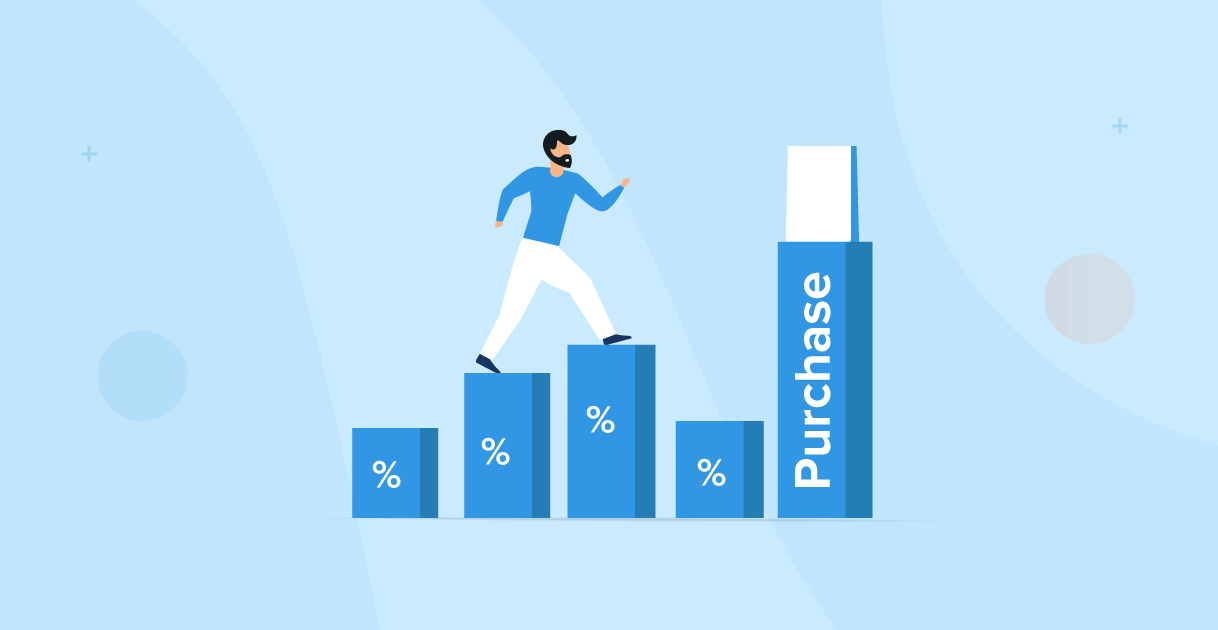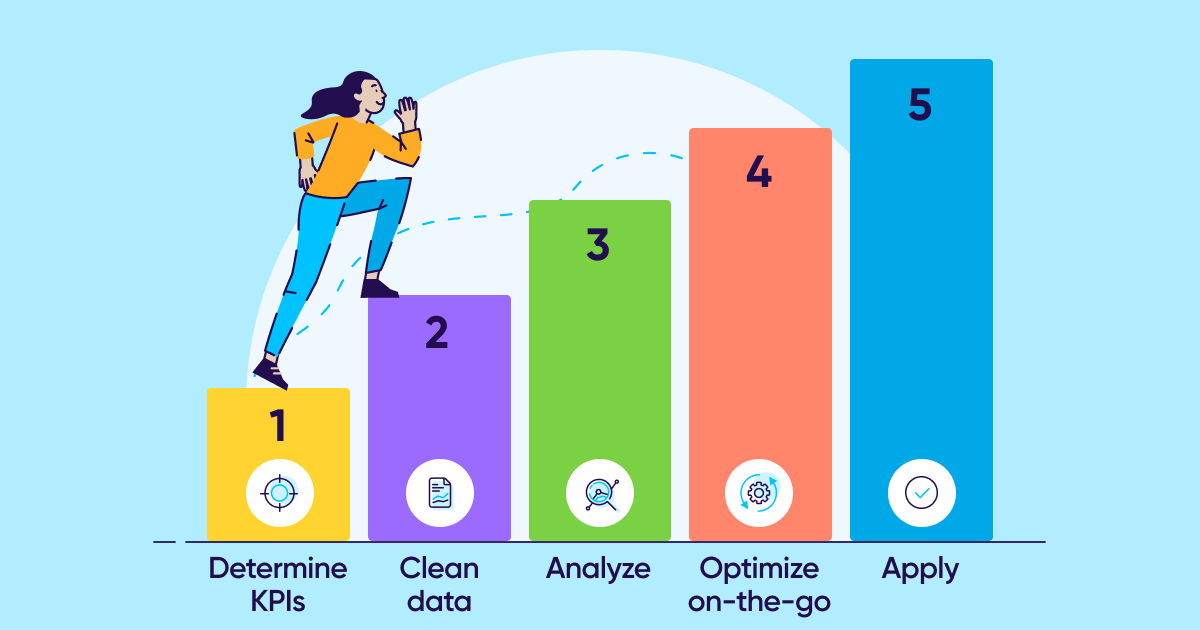Having trouble grasping how effective social media is? Introducing the attribution model.
Businesses frequently struggle to link specific social media platforms to their attribution model marketing-related goals, objectives, or conversions. As a result, they frequently develop social media strategies based on presumptions or come to the conclusion that social media doesn’t function effectively for them.
Do you want your company to have a better understanding of the customer conversion process? or even get information from their marketing initiatives? Do you also want to know how to monitor the success of your social media campaigns?
An attribution model can be used in this situation.
Businesses utilize an attribution to determine how users found their website and what they did once they were there. They assist you in calculating the number of conversions from each source, the amount of income each source produced, and the percentage of revenue that each source contributed to your entire revenue. Which sources contributed the greatest value? is a crucial issue that an model helps you in answering.

What is an attribution model?
Utilizing the social media models, you can determine the ROI of your social media campaign. It is useful when determining whether platforms are worthwhile for time investment.
A technique for assessing a marketing campaign’s efficacy is the attri. model. The purpose of the attribution model is to identify the channels that are generating conversions and sales as well as the value that each channel contributes to your company.
Understanding the attribution model is crucial because it enables you to estimate the proportion of your sales that originate from various channels, such as online advertisements or word-of-mouth recommendations from friends and family.
Consider running a campaign on Facebook, Instagram, Twitter, and LinkedIn, for example. Knowing which channels provide the most revenue can help you focus your efforts there. You may accomplish it thanks to the attribution.
Why is an attribution model important?
Marketers are aware of the significance of attribution modeling for social media marketing. This is why:
An avenue where the consumer journey can be followed is social media. Following your consumers’ journeys through various channels and observing how they engage with your brand during the conversion process is one thing. Monitoring their social media activity to determine what factors have the greatest impact on their choice of vendors, however, is a completely different matter.

By adjusting your content to appeal to the elements that affect your audience, you may optimize your efforts to get more conversions. Your ads’ chances of connecting with prospective buyers who are already familiar with your brand increase the more tailored they are.
Because they enable marketers to gauge how favorably their audience perceives their brand overall—and how much that perception has evolved over time as a result of certain campaigns or events—social media can shed light on brand equity (as well as positive or negative word-of-mouth).
What are the different types of attribution models?
Marketing on social media is an effective approach to connect with customers and increase revenues. However, if it’s not done correctly, it could end up costing money and time. Because of this, you need to comprehend the various social media models used in social media marketing and how they operate.
Let’s look at six different attribution model kinds.
1. First-Touch attribution model
2. Last-Touch attribution model
3. Linear attribution model
4. Time-Decay Attribution Model
5. U-Shaped Attribution Model
6. Algorithmic Attribution Model
Conclusion
The social media space is one that is continuously changing, therefore you must be able to modify your plan in order to stay on top of it. Finding the attribution that best fits your business is one of the most crucial things you can do. This will enable you to monitor the effectiveness of various social media efforts and identify the ones that lead to actual purchases. If you like this information you can follow me on my social media platforms like Facebook and Instagram.



